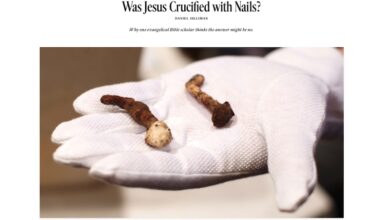January 2 – Christian Newswire — More Christian Than African-American is author Kimberly Cash Tate’s truthful, courageous account of the spiritual journey that completely transformed her sense of identity. A native of the Washington, D.C. area, she was raised in the comfort and security of a thriving black culture. After attending the University of Maryland and earning a law degree from George Washington University, she had every intention of enjoying a lucrative career in the comfortable blackness of D.C. Instead, Tate’s world was shattered when the bear job market offered no jobs from D.C. firms.
With no career possibilities in D.C., Tate accepted a clerkship in Madison, Wisconsin. Feeling lost, alone, and completely disconnected from the black culture that had been the center of her life, she began attending church. Soon she gave her life to Christ. Over the next several years, through Christian mentors and her own study of Scripture, Tate became convinced that she was looking at the world through the wrong lens.
“For twenty-seven years I lived, moved, and had my being in blackness. And after I became a Christian, I still lived, moved, and had my being in blackness. But God let me know that He had saved me, raised me, and seated me in heavenly places,” Tate says. “I needed to live, move, and have my being in Christ.”
This revelation became the jumping off point for More Christian than African-American. Ten years ago, when Tate felt God directing her to write the first edition of the book, a wave of trepidation swept over her. “I knew this would not be a popular message,” she recalls. “I was supposed to show pride in my blackness, not speak of its earthly–and thus limited–nature. I could already hear the voices of condemnation. But I also heard a couple of questions in my soul. Do you seek to please God or men? Will you walk in fear or in the power of the Holy Spirit?”
Tate’s persuasive presentation of the “more Christian” message makes full use of her relational nature, the skills she acquired as a litigator, and her ability to communicate a great story. Obviously, the book speaks directly to the black Christian community. But the “more Christian” message is a universal one. This book will cause any reader to ask some penetrating questions: Where is my identity found? In my race? In my gender In my political affiliation?







